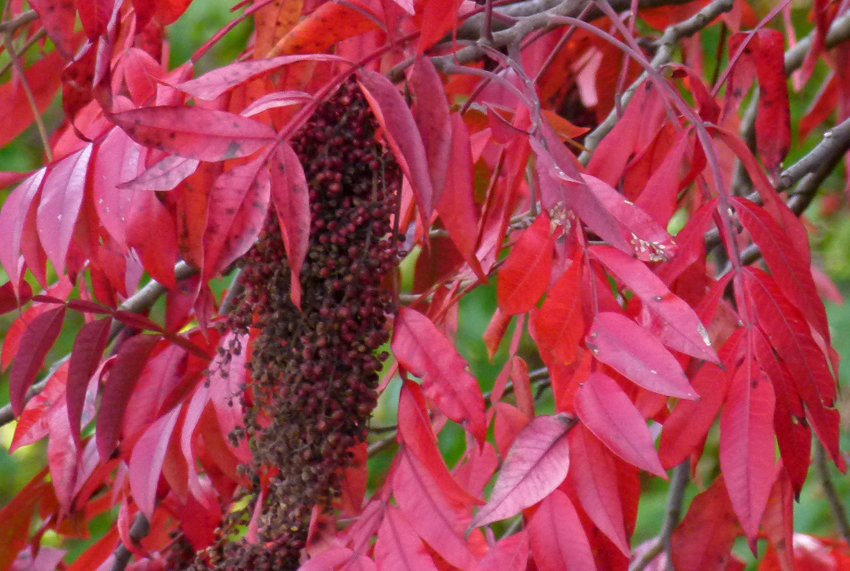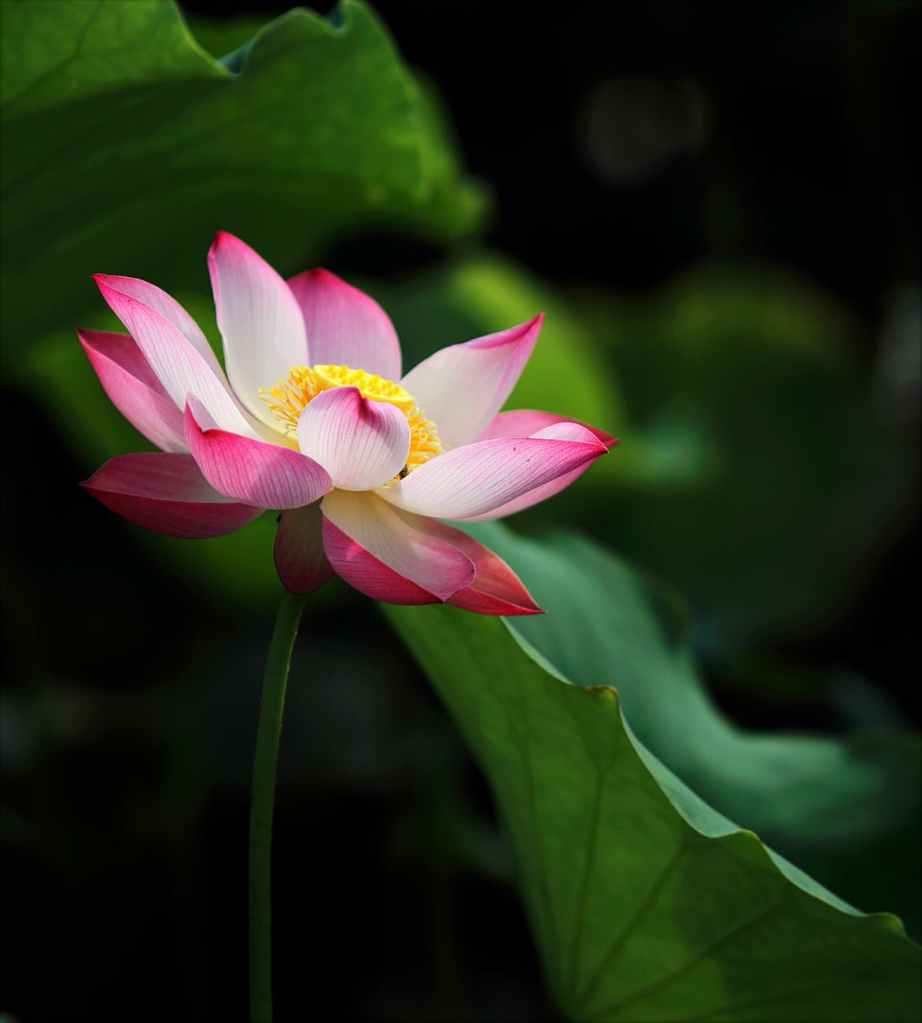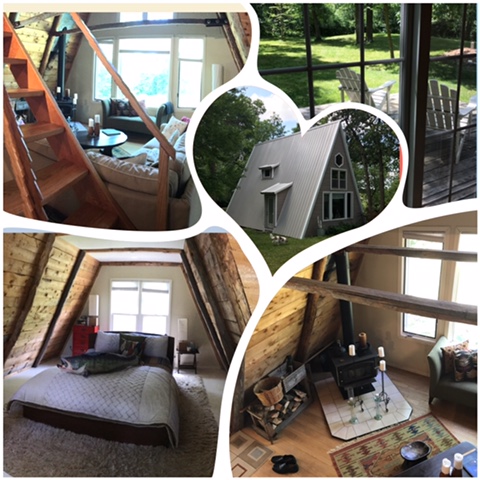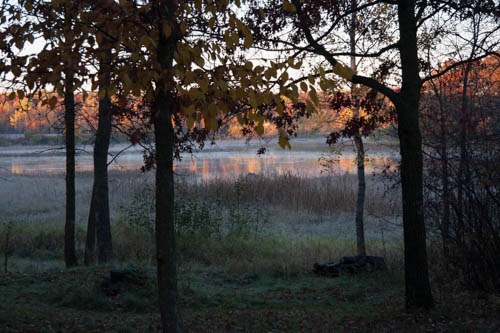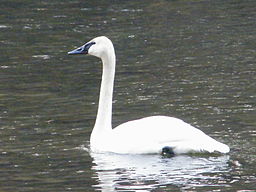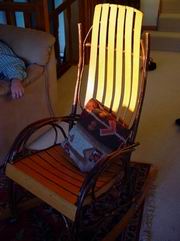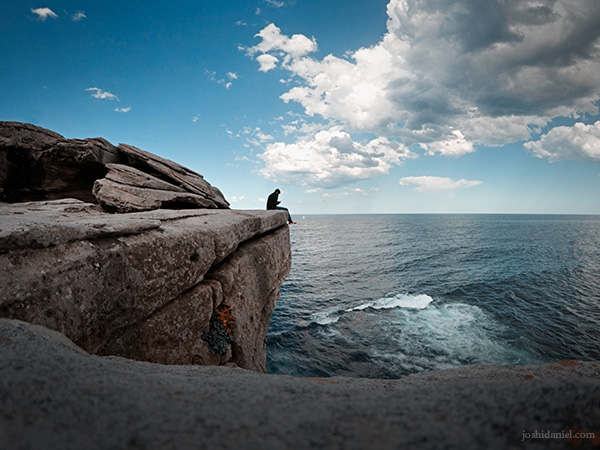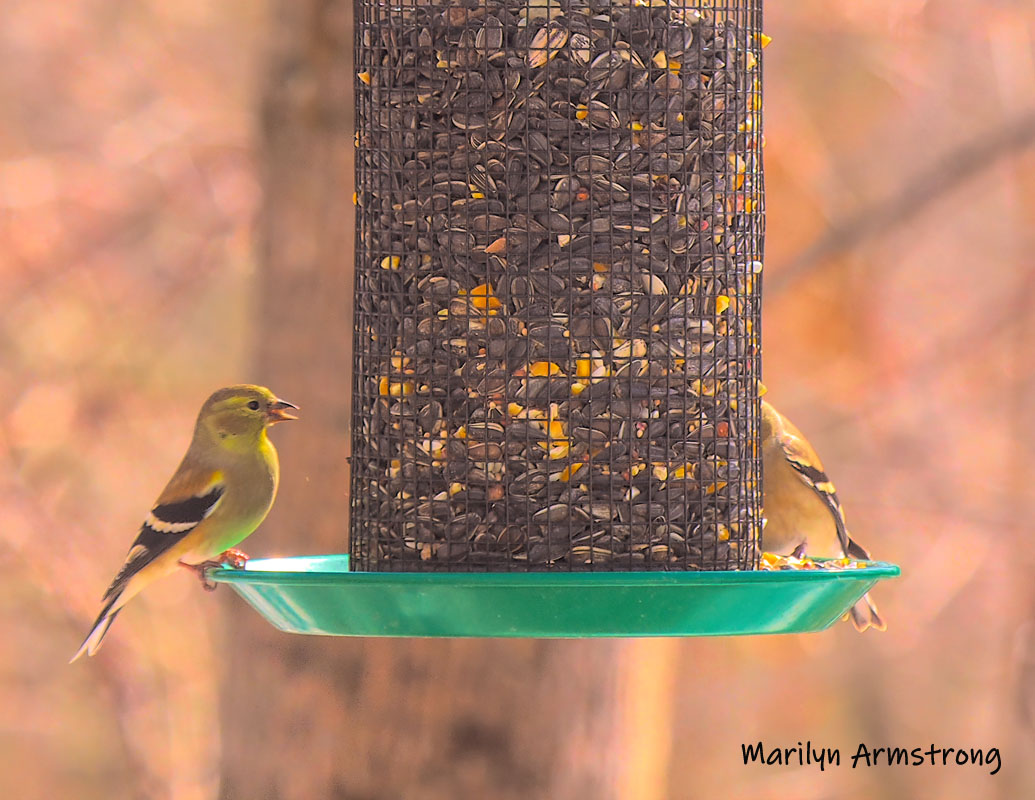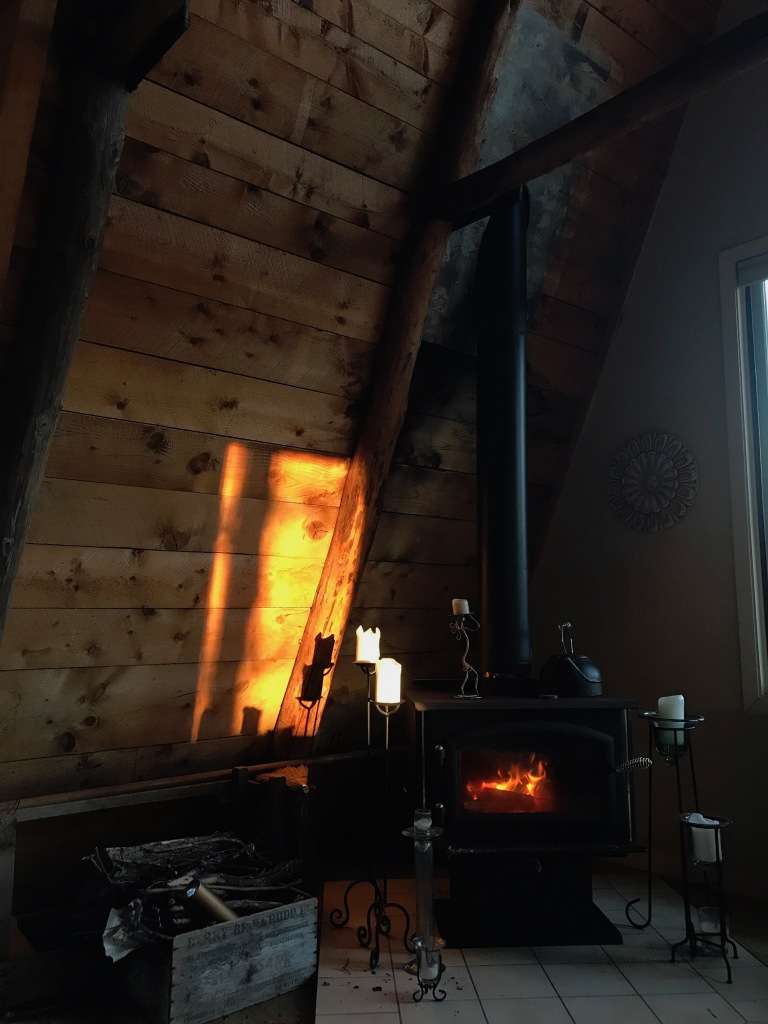Getting up at the break of day is not unusual. I get dressed and take the steps down from the loft to make the coffee. But this daybreak was different. Through the window of the A-frame cabin loft, I catch sight of the tops of two long white necks. I rush to the window to see a Trumpeter Swan pen and cob…and six cygnets parading across the yard. The next day they were nowhere to be found.
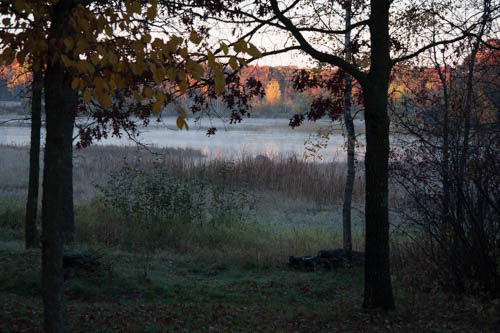
Below the Window
morning with the swans, GCS, May 24, 2023
slender snow-white necks pass below the window of the a-frame next to the wetland pond where the trumpeter swans build their borning home each year while the red-wing blackbirds feast on cotton-candy puffs the cat’n-nine-tails serve for breakfast each spring and the loons dive and rise to feed their young by the land we think we own. no “no trespassing” signs mark the land where the two- leggeds come when the Illusion of meta-verses where wetlands never shrink or die leave us yearning for this wondrous place where a trumpeter swan pen and cob proudly march their young across the dmz between reality and madness craning their necks to guard their cygnets from the two-leggeds looking through the lofty windows.
Puff
the day after, GCS, March 25, 2023
there was no parade today below the windows — no cob or pen, no line of six cygnet trumpeter swans — on our side of the dmz, not a feather left behind. An early morning mournful loon cry warbles across the pond a psalmic lament for the soul-mates who return each year to build a nest to hatch and train the next newborn from primordial depths. far from the wrecks of time where drones with artificial intelligence bulls-eyes drive the world insane — perhaps somewhere in moscow or miami a strong-man thirsts for a place like this where cygnets, cobs and pens play by the wetland no one owns where instead of drones with eyes that cannot not see -- no bully or bomb breaks the hush when the red-wing blackbirds swoop and sing an ode to joy.
Gordon C. Stewart, author of Be Still! Departure from Collective Madness (2017, Wipf and Stock), 49 brief meditations on faith, life, and the news; July 24, 2023.


